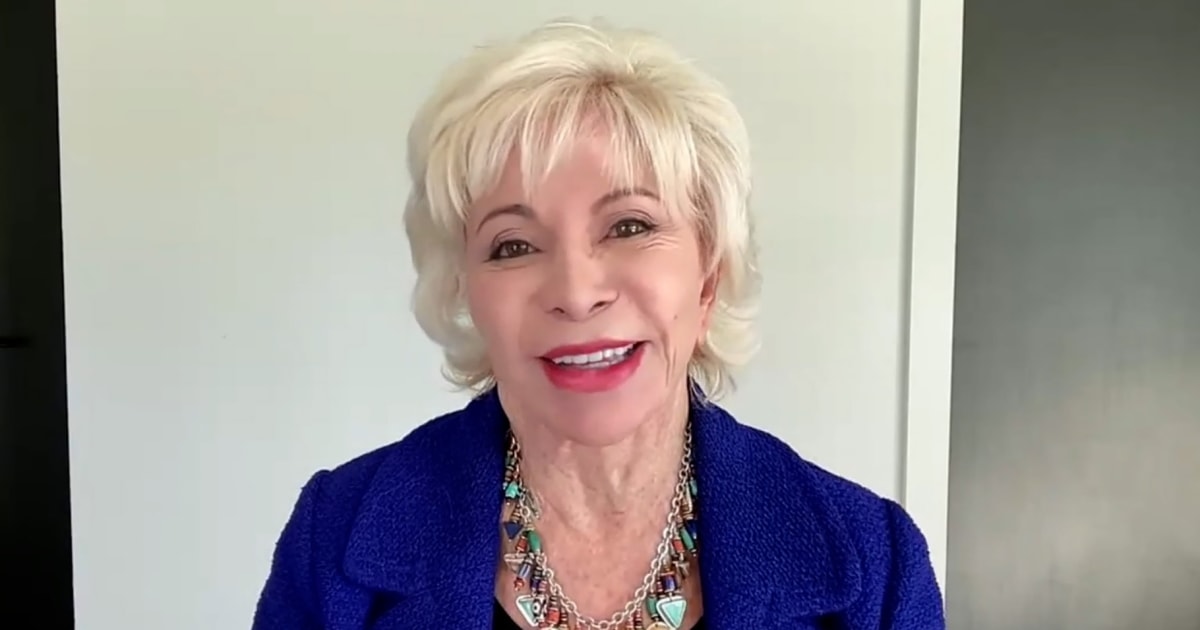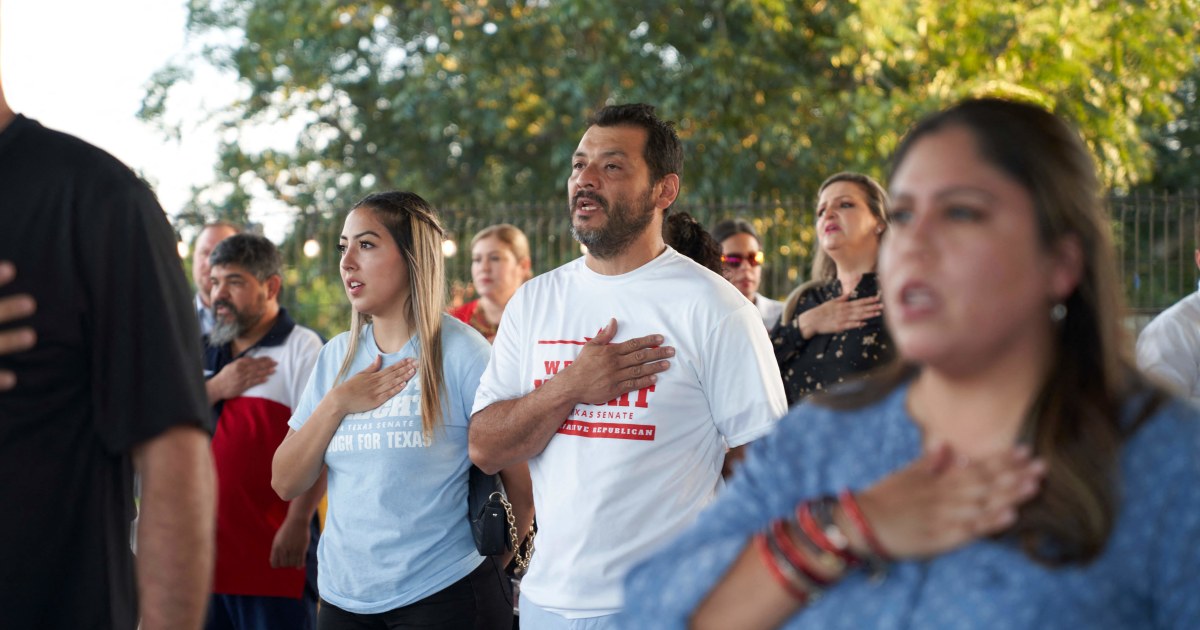“I exchange their right to vote for the right not to be assassinated.
And as a lesbian, I trade their right to equal marriage for the abolition of marriage.”
María Galindo begins forcefully and bluntly.
A few cheers and some brief applause are heard.
The rest of the public present is still hypnotized and surprised.
The Bolivian writer holds a book in her hand and smashes it against the stage floor of the Museo del Chopo auditorium.
This is smuggled in, she affirms her and asks with microphone in hand "What kind of book is this?"
and she replies, "This is a book on feminist theory."
She picks him up and continues her intervention.
She says that the work does not come from the academy and that it does not arrive in a Christopher Columbus caravel either, "it comes from a place despised as a producer of thought such as Bolivia."
This is Galindo (La Paz, 1964), one of the most subversive voices of Bolivian feminism.
She is co-founder and leader of Mujeres Creando, an autonomous anarcho-feminist movement that originated in the seat of government of the Andean-Amazonian country in the early 1990s.
She is also a writer, one of her facets that brought her to the Mexican capital for the presentation of her work
From her Bastard Feminism
, a joint edition of Mantis and Canal Press for Mexico and the United States.
Euphoric and with a dose of rage, which "she will never give up" -as she admits-, with her book she puts on the table the idea of an illegitimate feminism, which builds theory, knowledge and produces epistemological rupture from knowledge that is in the fight Social.
"The idea that social struggle does not produce knowledge, does not produce theory, that it is not a place where knowledge is generated, is a totally vertical and alienating idea," says the communicator in conversation with this newspaper.
The work, with editions in Bolivia, Spain, Peru, Argentina and soon in Chile, is written in such a way that anyone can understand it through its five chapters, which have different entrances to "see the same thing from another angle," he explains. .
“Sensitivity for me is a principle of democracy, as well as simplicity, fluency, the type of everyday language you use.
Let's think about the theme of democracy, I reflect it in the book as
machocracy
, or let's think about the theme of empowerment, I reflect it as
disempowerment
, and so on all the issues I touch on, ”he adds.
A concept that Galindo emphasizes in her work is "intuitive feminism", an "inappropriate" and sovereign form that, according to the author, does not name itself many times as feminism, but has the ability to reach be or become
She explains that it is the product of a woman's own reading, of her social context and, therefore, of rebelling against it, against mandates of oppression, violence and submission.
“The patriarchal nuclear family is no more than 30% of family forms in Bolivia and this is the product of the fact that hundreds of thousands of women are expelling violent men from their lives.
I find this very nice and very interesting and it is the fruit of the effervescence of this intuitive feminism”, she specifies.
Galindo highlights the plurality of feminisms in Latin America.
He says that there is an impossible number to count and that they are not uniform, since there are groups with an ecological base, others dedicated solely to the issue of abortion, lesbofeminisms, Afrofeminisms, of a Marxist nature,
queer
or transfeminisms and that it is necessary to understand that this is a strength, not a weakness.
“The feminist field is today one of the fields with the greatest political vitality in the entire continent.
We don't have to sit down and generate a uniform discourse, that's absurd.
We must maintain that plurality, respect it and understand that a list of priorities cannot be ordered in the struggles, if we do not have to let that complex multiplicity that feminism is today flourish and that it cannot be reduced to just one, "adds Galindo.
Writer, artist, activist, a globetrotter.
Her travels for her work have allowed her to connect and see closely the feminist movement of different countries of the American continent, which she defines in a state of "very great freshness", with many unions involved and with people under 25. "Few movements they can boast of that”, he affirms.
She considers that many people have lost their fear of saying “I am a feminist”.
On the contrary, she believes that affirming it is like an important protection barrier.
“You have to string this together [the feminist movement] in a body and I assure you that it is a very vital body, that it is a body where there is a lot of discussion, a lot of capacity for mobilization and this goes a long way.
What we feminisms can do on this continent goes a long way, much more than having a minister or having a president.
The terror of public officials
In recent months in Bolivia, the activist has become the terror of public officials.
With her documentary radio format, she has toured police stations and public institutions, in charge of defending cases of women victims of violence, to question the fulfillment of her work.
This as a result of the discovery of a network of corruption that supposedly affects judges for letting murderers, femicides and rapists go free, many of them with sentences.
An investigation by Mujeres Creando revealed a list of at least 500 irregular cases, including 84 sentenced for rape and femicide who were on parole.
Galindo believes that it is necessary to think of a feminist justice that works parallel to the ordinary and original indigenous justice, which is recognized in the Political Constitution of that country.
“We have done more than the government commission [created for the aforementioned case] and we have made them move because they are afraid of the political legitimacy that we are gaining.
I have touched a sore.
I am in the fight because I feel like it, because I believe in what I am doing, because I believe that what I do transforms, ”she says with a smile and that fierceness that characterizes her.
subscribe here
to the
newsletter
of EL PAÍS México and receive all the informative keys of the current affairs of this country



/cloudfront-eu-central-1.images.arcpublishing.com/prisa/2BJPLFOPENCKDMK6PPADXUU37E.jpg)

/cloudfront-eu-central-1.images.arcpublishing.com/prisa/OOBF5MCTLJGB5J5O4SKHMULMK4.jpg)

/cloudfront-eu-central-1.images.arcpublishing.com/prisa/2XWZK2SNNVHNTOU6DYROGV3XVI.jpg)







